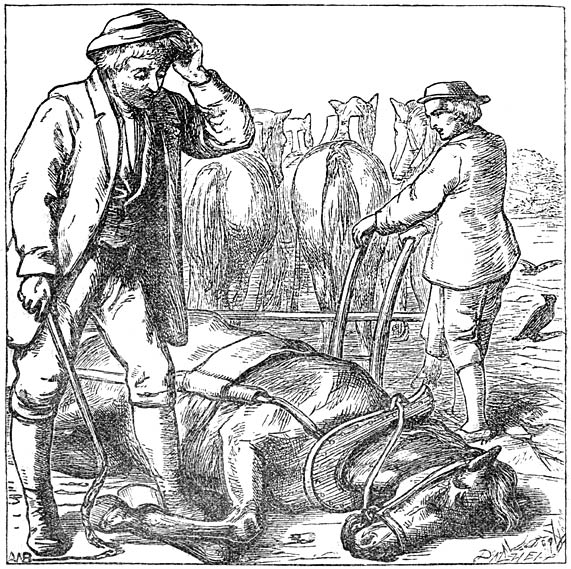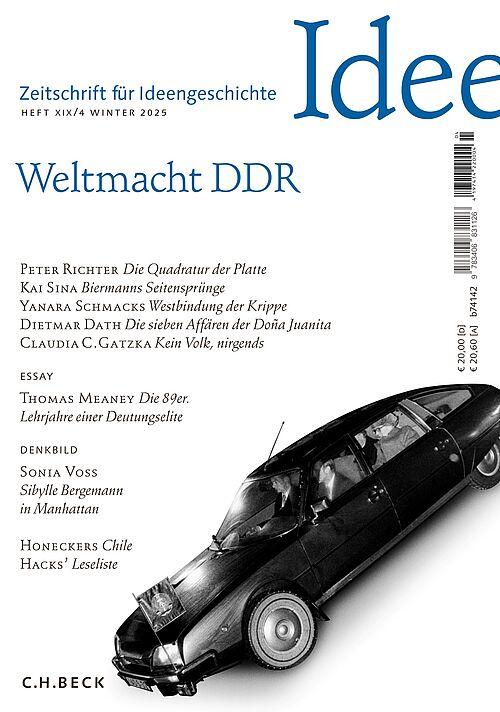20 % aller 65-Jährigen entwickeln eine Altersdepression. In Pflegeheimen steigt die Quote auf 40 %.
Neurologen und Psychiater nennen die Ursachen: Verluste und weitere Verlustängste. Und die Aussicht, sterben zu müssen, ist nicht die rosigste Zukunftsperspektive.
Allerdings:
Das Bundesjustizministerium bastelt gerade an einer Verordnung:

War der depressive alte Mensch vor 35 oder mehr Jahren in der DDR auch nur 30 Tage zu Unrecht in Haft, war’s die Stasi, die das verbrochen hat.






